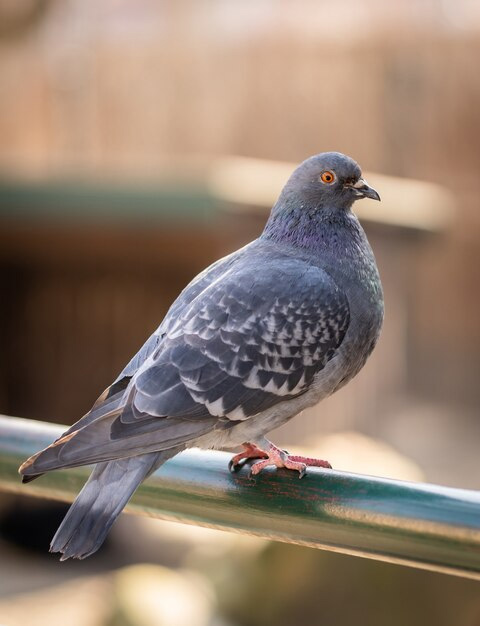While pigeons are a common sight in urban environments, the health risks associated with their presence, especially concerning respiratory problems, should not be underestimated. Pigeon-related respiratory issues can range from allergic reactions to more severe conditions, necessitating prompt medical attention. In this article, we explore the steps individuals can take when seeking hospital treatment for respiratory problems arising from exposure to pigeons.
Recognizing the Symptoms:
The first step in seeking treatment for pigeon-related respiratory problems is recognizing the symptoms. These may include persistent coughing, wheezing, shortness of breath, chest tightness, and respiratory distress. If you experience any of these symptoms after exposure to pigeon droppings or feathers, it’s crucial to seek medical attention.
Immediate Actions:
If respiratory symptoms are severe or rapidly worsening, do not hesitate to seek emergency medical care. Call emergency services or go to the nearest emergency room for immediate evaluation and treatment. Severe respiratory distress may require urgent interventions such as oxygen therapy or bronchodilators.
Visit a Primary Care Physician:
For non-emergency situations, schedule an appointment with your primary care physician. Describe your symptoms, detailing any recent exposure to pigeons or environments where pigeons are present. Your primary care physician will conduct a thorough examination, possibly including lung function tests, to assess the extent of respiratory issues.


Diagnostic Tests:
Depending on the severity of symptoms, your healthcare provider may recommend diagnostic tests such as chest X-rays, pulmonary function tests, or allergy tests. These tests help identify the specific respiratory problems and guide the development of an effective treatment plan.
Consultation with a Pulmonologist:
In cases of persistent or complex respiratory issues, your primary care physician may refer you to a pulmonologist—a specialist in respiratory diseases. A pulmonologist can provide a more in-depth evaluation, further diagnostic testing, and specialized treatment options tailored to your specific condition.
Treatment Options:
Treatment for respiratory problems arising from exposure to pigeons may include medications such as bronchodilators, corticosteroids, or antihistamines, depending on the nature of the symptoms and the underlying respiratory condition. Oxygen therapy may be necessary in severe cases.
Avoidance Strategies:
As part of the treatment plan, your healthcare provider may recommend strategies to minimize future exposure to pigeon-related allergens. This may involve taking precautions in your living environment, using air purifiers, and avoiding areas with a high concentration of pigeons.
Follow-Up Care:
Regular follow-up appointments with your healthcare provider, especially if you are under the care of a pulmonologist, are essential. Monitoring your respiratory health allows for adjustments to the treatment plan as needed and ensures ongoing management of any chronic conditions.
Allergen Immunotherapy:
For individuals with allergic reactions to pigeon-related allergens, allergen immunotherapy (allergy shots) may be considered. This treatment aims to desensitize the immune system over time, reducing the severity of allergic reactions.
Patient Education:
Understand the importance of patient education. Learn about the specific respiratory condition you are facing, how to manage symptoms, and the steps you can take to prevent further exposure to pigeon-related allergens.

Respiratory problems arising from exposure to pigeons are a serious health concern that requires prompt and comprehensive medical attention. Seeking treatment from healthcare professionals, including primary care physicians and pulmonologists, is crucial for accurate diagnosis and effective management. By taking proactive steps and following through with prescribed treatments and lifestyle adjustments, individuals can regain control of their respiratory health and minimize the impact of pigeon-related respiratory problems.

This website is not a comprehensive one. We have just made a small beginning. We have provided a few links to other related websites & organisations that we find are involved in promoting Organ Donation awareness for many years.